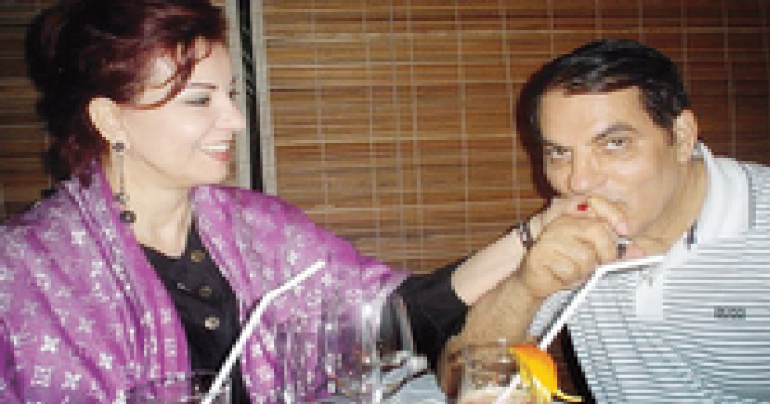
In order to reach sufficient margins in male breast tissue, modified radical mastectomy is the most common surgical procedure for the treatment of MBC. Due to the lack of evidence for this rare disease, MBC is treated similarly to female breast cancer (FBC), including surgical resection, adjuvant radiotherapy, chemotherapy, and endocrine therapy. Modern treatment strategies and information regarding the oncologic outcome are mainly based on small retrospective studies or are translated from breast cancer studies with female participants. In comparison to female breast cancer (FBC), a higher prevalence of estrogen-receptor positivity and only a 9% rate of HER2 (human epidermal growth factor receptor 2)-positive tumors is reported in the literature for MBC, with 10% of cases presenting as ductal carcinoma in situ (DCIS). Known risk factors are mutations in tumor-suppressor genes like BRCA2 (breast cancer 2) and a positive family history. There are also other presentations of MBC, including ulceration, retraction, nipple bleeding, or presentation as an abscess. MBC is commonly detected by the appearance of a painless retroareolar mass, and most men are at an advanced stage with high rates of lymph node involvement at the time of diagnosis. However, epidemiological studies indicate that the incidence of MBC is increasing, at least partially due to improved awareness and earlier detection.

For MBC, there are no randomized trials investigating the outcome of adjuvant radiotherapy, and most clinical trials on breast cancer have routinely excluded men. Representing 1% of all breast tumors worldwide, male breast cancer (MBC) is a rare disease. However, as patients are often diagnosed with locally advanced, higher-risk tumors, distant recurrences remain the major failure pattern. After tumor resection and adjuvant radiotherapy, LC and LRC rates in MBC patients are excellent and comparable to results found for female breast cancer (FBC) patients. Adjuvant radiotherapy was tolerated well without high-grade (CTCAE grade > II) adverse events. After a median follow-up of 80 months (95% CI: 14.6–213.8 months) there was only one recurrence, in a patient’s locoregional lymph nodes 17 months after start of radiotherapy, resulting in an LC rate of 100% at 5 years and a 5-year LRC rate of 97.4% (standard deviation (SD): 0.025). Local control (LC), locoregional control (LRC), overall survival (OS), disease-free survival (DFS), and toxicity were evaluated. This study reports on patient and tumor characteristics of 41 consecutive MBC patients treated between 19 and on clinical outcomes after surgical resection of tumors and adjuvant radiotherapy of the chest wall or breast. Our data provide a more scientific basis to assist clinicians with decision-making for adjuvant radiotherapy of male breast cancer patients.ĭue to its rarity, there are no randomized trials investigating the outcome of adjuvant radiotherapy in MBC. No high-grade (Common Terminology Criteria for Adverse Events (CTCAE) grade > II) adverse events occurred after adjuvant radiotherapy.
#Laila mbc4 free#
Five-year disease free survival (DFS) and overall survival (OS) rates were 64.6% (SD: 0.085) and 57.2% (SD: 0.082). After a median follow-up of 80 months, the 5-year local control (LC) and locoregional control (LRC) rates were 100% and 97.4% (standard deviation (SD): 0.025), respectively.

The study presents patient characteristics and survival outcomes of 41 consecutive male breast cancer patients treated with adjuvant radiotherapy of the chest wall or breast between 19. Retrospective analysis is urgently needed to improve the evidence of adjuvant radiotherapy in male breast cancer. Male breast cancer (MBC) is a very rare disease and there are no randomized trials investigating the outcome of adjuvant radiotherapy in those breast cancer patients. 1Department of Radiation Oncology, Heidelberg University Hospital, 69120 Heidelberg, Germany (T.F.) (C.K.) (R.E.S.) (F.W.) (L.K.) (N.A.) (S.A.) (J.D.)ĢHeidelberg Institute of Radiation Oncology (HIRO), 69120 Heidelberg, GermanyģNational Center for Tumor Diseases (NCT), 69120 Heidelberg, Germany (L.M.) (K.S.) (A.S.)ħClinical Cooperation Unit Radiation Oncology, German Cancer Research Center (DKFZ), 69120 Heidelberg, GermanyĨHeidelberg Ion-Beam Therapy Center (HIT), Department of Radiation Oncology, Heidelberg University Hospital, 69120 Heidelberg, GermanyĩGerman Cancer Consortium (DKTK), Partner Site, 69120 Heidelberg, Germany


 0 kommentar(er)
0 kommentar(er)
